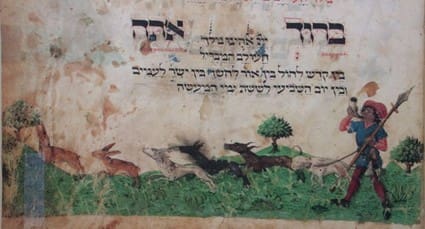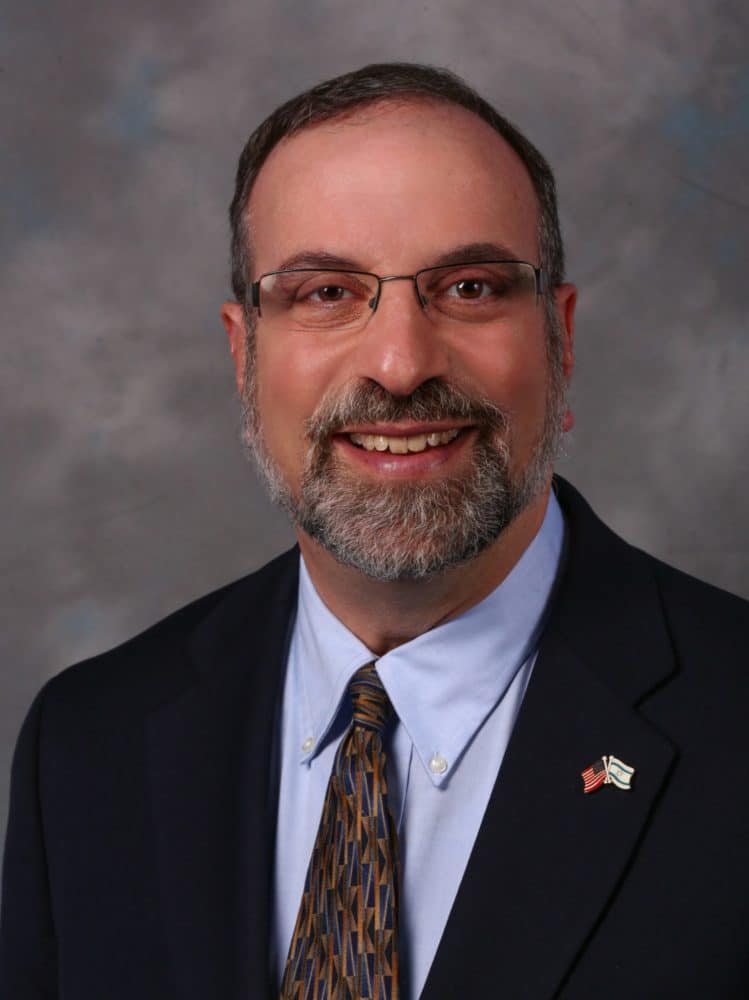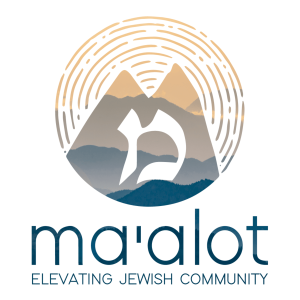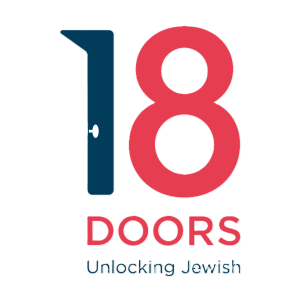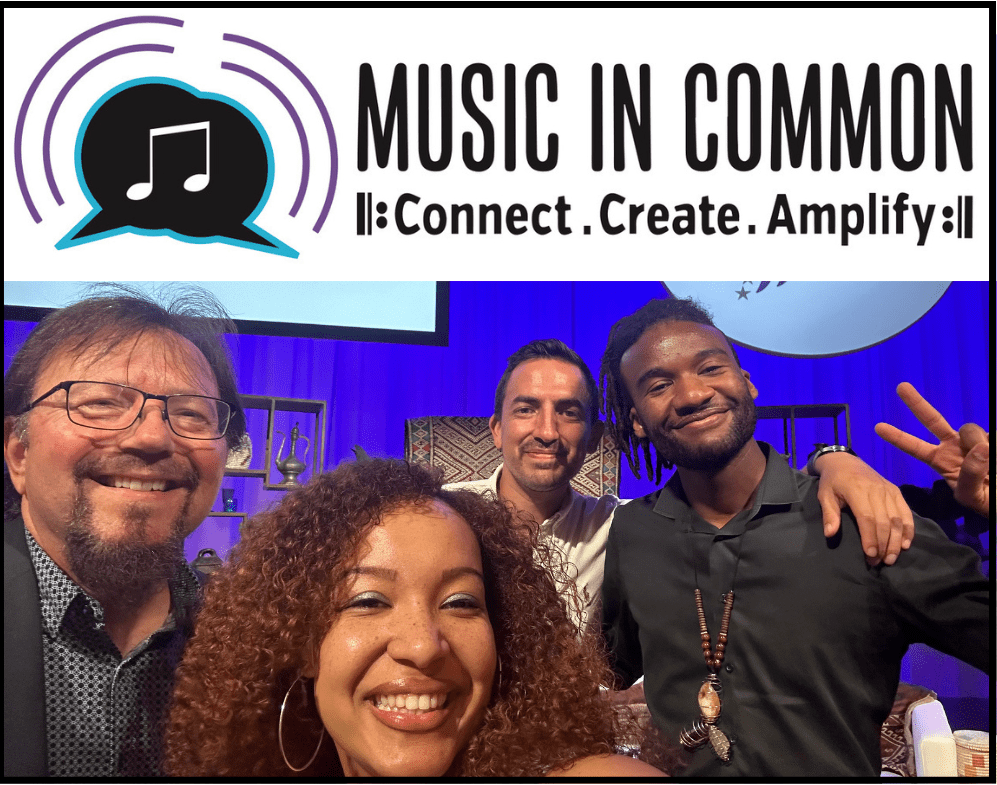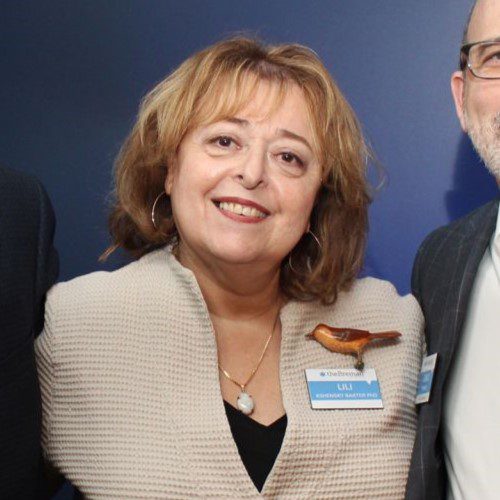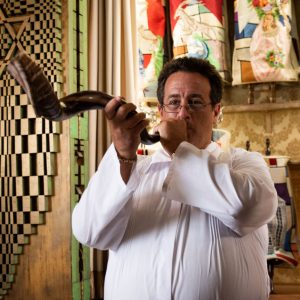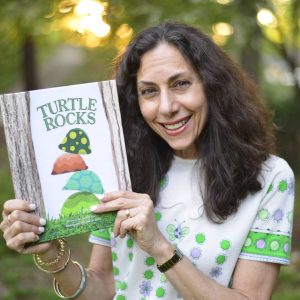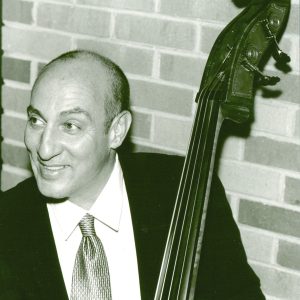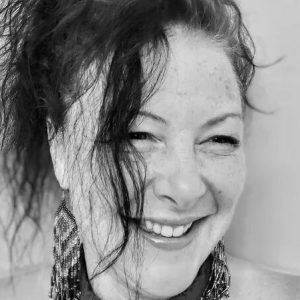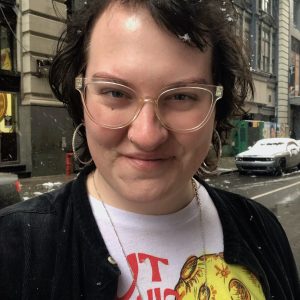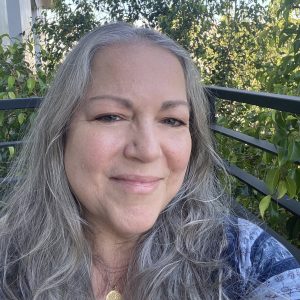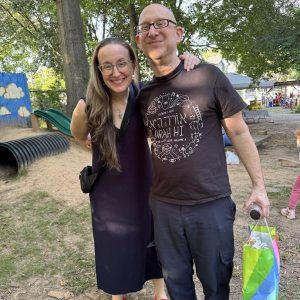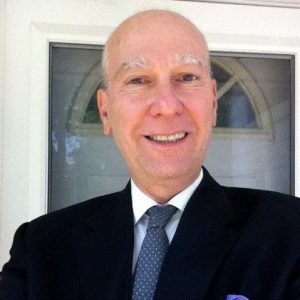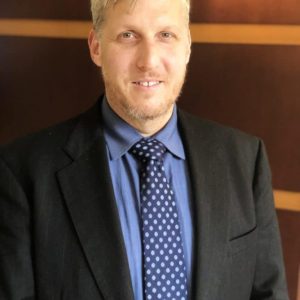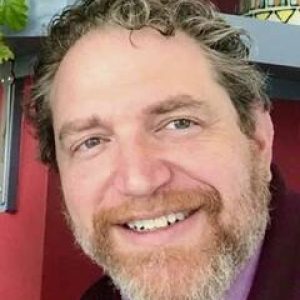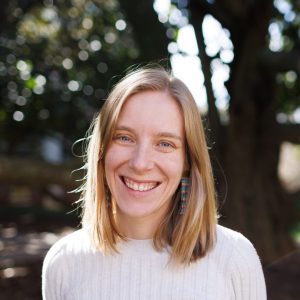Shabbat and Chag: What to Do on a Saturday Night
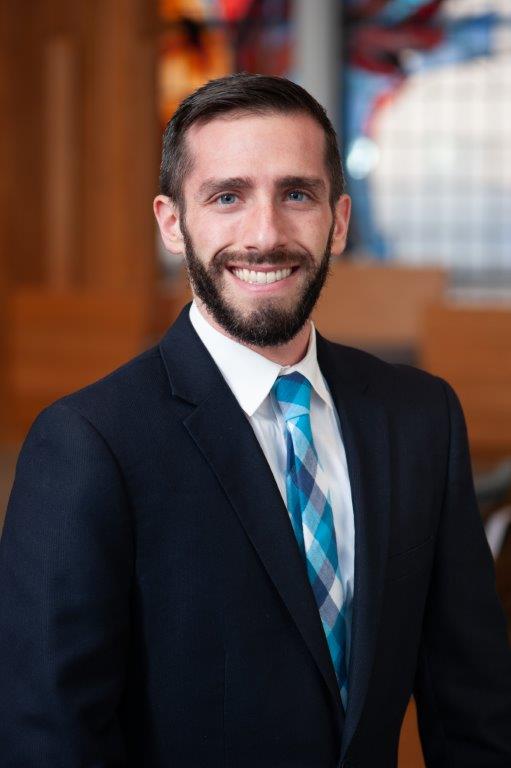
This year, many of our holidays happen to begin on Saturday evening, and Passover is no exception! However, with this start time, comes all sorts of confusion about the order of blessings at the beginning of the seder. There are two important notes here, which may differ from a normal year: how to light our chag candle and how to say kiddush/havdallah.
First, while kindling a new fire is not permitted on Yom Tov, transferring a flame is. In normal years, we light our candles before chag has started (like we do with Shabbat candles). However, in years when the holiday begins immediately after Shabbat (as well as lighting on the second night of chag), we need a pre-lit candle, since the holiday has already begun when we light. In order to do this, we must light a candle prior to Shabbat that will burn for at least 25 hours, if not longer, such as a yahrtzeit candle. When we're ready to light candles following Shabbat for Passover, the chag candles should be lit from these existing flames and not from a new match, and you should not blow out the object you used to transfer the flame (such as a match) but rather allow it to burn itself out.
Second is the order of kiddush and havdallah. The havdallah liturgy focus on separation – typically between kodesh and chol, the holiness of Shabbat and the routine of the normal weekday. But, when Shabbat transitions into a holiday, we have a different liturgy – one marking the transition between kodesh and kodesh, the higher holiness of Shabbat with the still (but less) holy holiday. In this transition, kiddush and havdallah get all wrapped into one as a part of the seder.
To remember the order of all these blessings, the rabbis came up with a mnemonic – YaKNeHaZ (which I'll admit is not so helpful, but bear with me).
The mnemonic breaks down as follows:
- Y: Yayin – Wine
- K: Kiddush – The special blessing said for kiddush for the holiday we're entering into.
- N: Ner – The blessing we say over the candle, which is the same blessing as Shabbat havdallah. Ideally, you should use the candles that you lit for chag as your havdallah candle. Do not use a havdallah candle, as you're not allowed to extinguish the flame on Yom Tov, and do night light a new candle. Existing lights in the room, such as a lamp, maybe used as well
- H: Havdallah – A modified version of the last blessing of havdallah from Shabbat, specifically for the transition between Shabbat and chag
- Z: Zman – Another name for the shehechiyanu blessing
That's YaKNeHaZ! To further help you remember the mnemonic, many haggadot will have a picture similar to the one below, featuring a hare hunt (here from an Ashkenazi Haggadah c. 1460). As it turns out, the German expression for rabbit hunt, 'Jag den Has,' sounds like the mnemonic and was an old symbol of spring and renewal, which fits well with the theme of Passover. Fortunately, no bunnies were actually harmed in the making of this mnemonic.

Here are the blessings in order, as you should do them at the first seder!
בָּרוּךְ אַתָּה יי אֱלֹהֵינוּ מֶלֶךְ הָעוֹלָם בּוֹרֵא פְּרִי הַגָפֶן.
בָּרוּךְ אַתָּה יי אֱלֹהֵינוּ מֶלֶךְ הָעוֹלָם, אֲשֶׁר בָּחַר בָּנוּ מִכָּל עָם וְרוֹמְמָנוּ מִכָּל לָשׁוֹן וְקִדְּשָׁנוּ בְּמִצְוֹתָיו. וַתִּתֶּן לָנוּ יי אֱלֹהֵינוּ בְּאַהֲבָה מוֹעֲדִים לְשִׂמְחָה, חַגִּים וּזְמַנִּים לְשָׂשׂוֹן, אֶת יוֹם חַג הַמַצוֹת הַזֶה, זְמַן חֵרוּתֵנוּ, מִקְרָא קֹדֶשׁ, זֵכֶר לִיצִיאַת מִצְרָיִם. כִּי בָנוּ בָחַרְתָּ וְאוֹתָנוּ קִדַּשְׁתָּ מִכָּל הָעַמִּים, וּמוֹעֲדֵי קָדְשֶךָ בְּשִׂמְחָה וּבְשָׂשׂוֹן הִנְחַלְתָּנוּ. בָּרוּךְ אַתָּה יי, מְקַדֵּשׁ יִשְׂרָאֵל וְהַזְּמַנִּים.
בָּרוּךְ אַתָּה יי אֱלֹהֵינוּ מֶלֶךְ הָעוֹלָם, בּוֹרֵא מְאוֹרֵי הָאֵשׁ.
בָּרוּךְ אַתָּה יי אֱלֹהֵינוּ מֶלֶךְ הָעוֹלָם הַמַבְדִיל בֵּין קֹדֶשׁ לְחֹל, ין אוֹר לְחשֶׁךְ, בֵּין יִשְׂרָאֵל לָעַמִּים, בֵּין יוֹם הַשְּׁבִיעִי לְשֵׁשֶׁת יְמֵי הַמַּעֲשֶׂה. בֵּין קְדֻשַּׁת שַׁבָּת לִקְדֻשַּׁת יוֹם טוֹב הִבְדַּלְתָּ, וְאֶת יוֹם הַשְּׁבִיעִי מִשֵּׁשֶׁת יְמֵי הַמַּעֲשֶׂה קִדַּשְׁתָּ. הִבְדַּלְתָּ וְקִדַּשְׁתָּ אֶת עַמְּךָ יִשְׂרָאֵל בִּקְדֻשָּׁתֶךָ. ,בָּרוּךְ אַתָּה יי הַמַּבְדִיל בֵּין קֹדֶשׁ לְקֹדֶשׁ.
בָּרוּךְ אַתָּה יְי אֱלֹהֵינוּ מֶלֶךְ הַעוֹלָם שֶׁהֶחֱיָנוּ וְקִיְּמָנוּ וְהִגִּיעָנוּ לַזְּמַן הַזֶּה.
Baruch Atah Adonai, Eloheinu Melech ha'olam, borei p'ri hagafen.
Baruch Atah Adonai, Eloheinu Melech ha'olam, asher bachar banu mikol am, v'rom'manu mikol-lashon, v'kid'shanu b'mitzvotav, vatiten-lanu Adonai Eloheinu b'ahavah moadim l'simchah, chagim uz'manim l'sason et-yom chag hamatzot hazeh. Z'man cheiruteinu, mikra kodesh, zeicher litziat mitzrayim. Ki vanu vacharta v'otanu kidashta mikol ha'amim. umo'adei kod'shecha b'simchah uv'sason hinchaltanu. Baruch Atah Adonai, m'kadeish Yisrael v'hazmanim.
Baruch Atah Adonai, Eloheinu Melech ha'olam, borei m'orei ha'eysh.
Baruch atah Adonai, Eloheinu Melech ha'olam, hamavdil beyn kodesh lichol, beyn or lichoshech, beyn yisrael la'amim, beyn yom hashvi'i lisheshet yimai hama'aseh. Beyn kidushat Shabbat likidushat yom tov hivdalta, v'et yom hashvi'i misheshet yimai hama'aseh kidashta; hivdalta vikidashta et amcha yisrael bikidushatecha. Baruch atah Adonai, Hamavdil beyn kodesh lechol.
Baruch atah Adonai, Eloheinu Melech ha'olam, shehecheyanu, v'kiyemanu, v'higiyanu, laz'man hazeh.
Rabbi Sam Blustin

